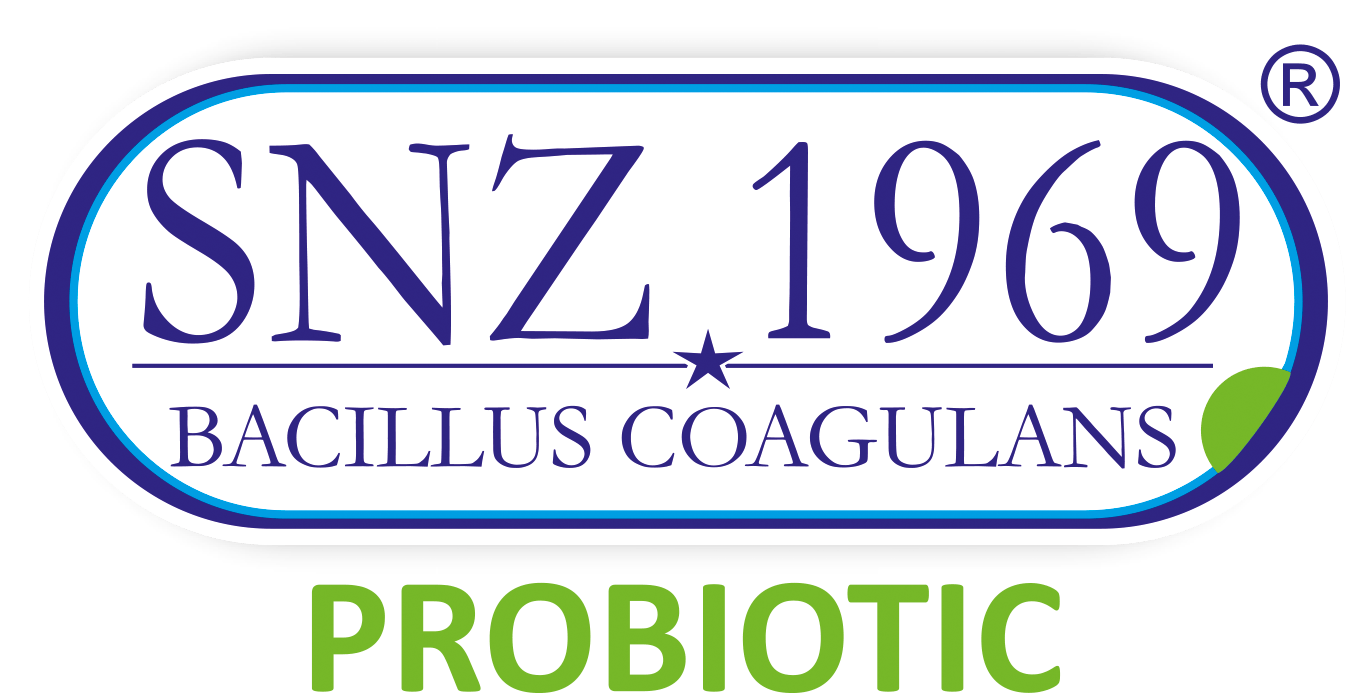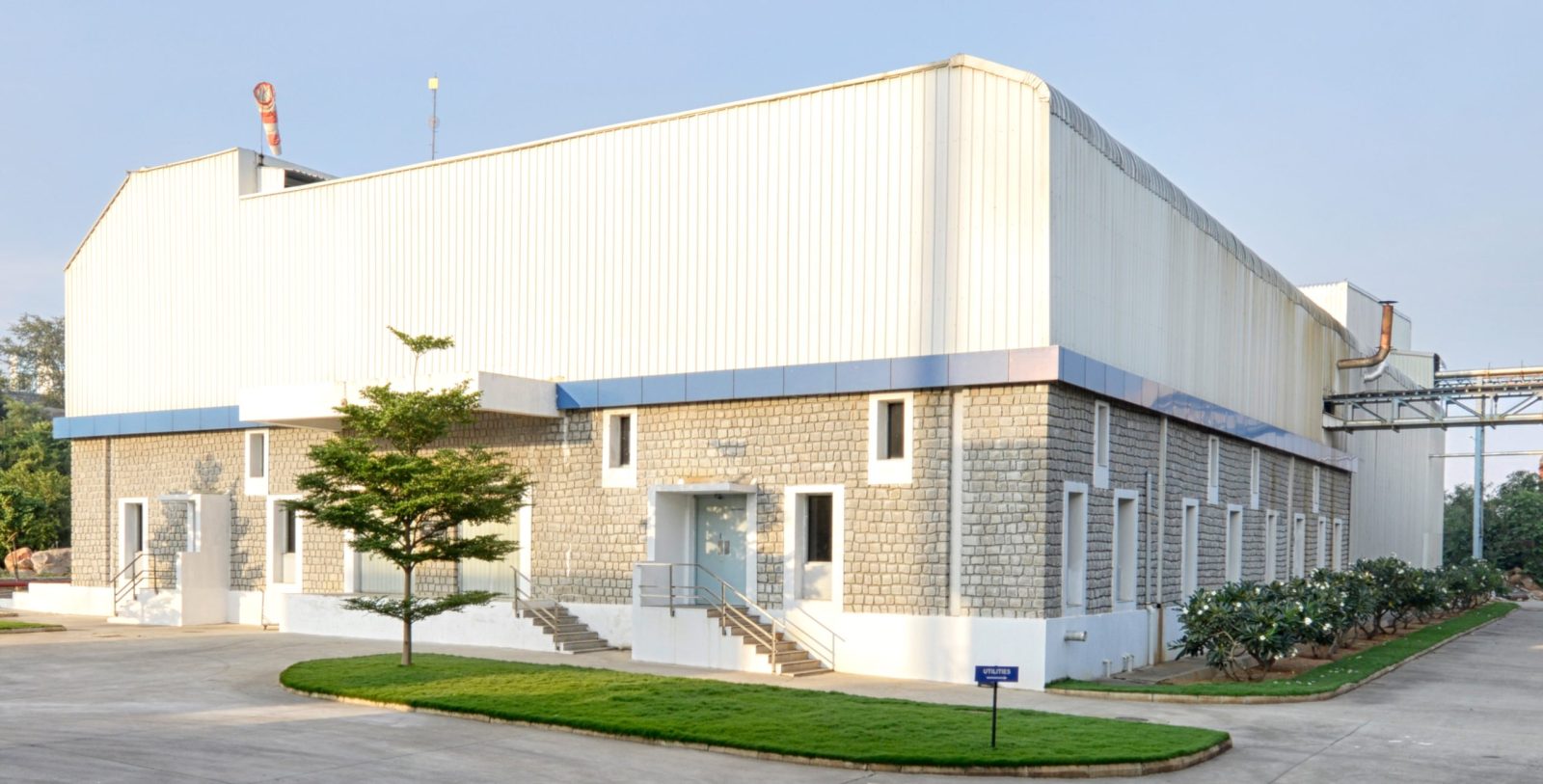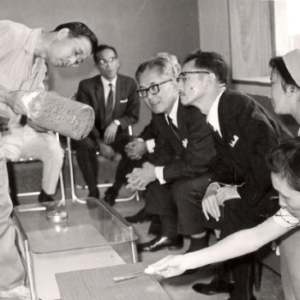Bacillus coagulans SNZ 1969® is a well-characterized and clinically studied probiotic strain
Bacillus coagulans SNZ 1969® is unique in the space of spore forming probiotic strains. It boasts an exceptional five-decade history of use, stability profile, research and genetic pedigree. Combined with Sanzyme’s experience in end-to-end production and decades of continuous technological improvement, SNZ 1969® is a reliable, long term choice for inclusion in probiotic formulations in food and supplements.

Global Acceptance and Regulatory Registrations
CLINICAL REFERENCES
SNZ 1969® is hardy & versatile, natural spore forming probiotic
strain
Bacillus coagulans SNZ 1969® distinguishes itself as a resilient spore-forming probiotic strain, showcasing remarkable hardiness in various conditions. Its ability to construct a protective spore encased in a calcium-lipicolinic acid peptidoglycan complex ensures durability and survival until favorable circumstances arise. Remaining in a dormant state until conditions become conducive, it requires no refrigeration, offering practicality in storage and transportation. This resilience extends to enduring processing conditions and the gastrointestinal environment, ensuring its efficacy throughout its journey. With its robust nature, Bacillus coagulans opens doors to unlimited application opportunities, promising versatility and effectiveness across diverse products and industries.

Food
SNZ 1969® is thermal and process stable which makes it easy to formulate in a wide variety of conventional food formats, SNZ 1969® is stable in wide variety of food products such as cereals, muesli, granola, chocolate, tea, coffee, health beverages, spreads, hard boiled candies, chews, gums, kombucha, juices, puree, smoothies, protein bars, cereal bars, porridges, bread, cakes and more.
Supplements
Gummies, capsule, sachets, protein supplement, meal replacement and more

Application Support Services
Sanzyme Biologics’ application team has decades of experience in studying the incorporation and stability of probiotic strain in various matrixes and work closely to advise on the best possible approach. We’re here to assist you every step of the way, from initial ideation and prototyping to formulation, cell-count stability testing, production, marketing, and ongoing technical support.
Production in a Dedicated NSF Certified Facility
Sanzyme Biologics meticulously manages every step of probiotic production, maintaining stringent control over inputs and process parameters from flask cultivation to seed fermenters, through full-scale fermentation, and culminating in blending and spray drying. With extensive experience in spore-forming probiotics, our dedication to producing superior quality spores is unwavering. At Sanzyme Biologics, we have dedicated NSF certified plant specifically for the production of Bacillus coagulans, ensuring the highest standards of quality and safety in every step of the process.


PEDIGREE
Bacillus coagulans SNZ 1969® has been safely consumed by humans for over 50 years. This makes it one of the oldest, best studied and well characterized probiotics available in the market today. The strain initially isolated in Japan. In 1949, a Japanese physician, Dr. Nakayama isolated B. coagulans from green malt.
In 1972, at the request of Sankyo Corporation, the Japanese Ministry of Health and Welfare approved the use of this particular B. coagulans. Subsequently, in 1973, Sankyo Corporation (currently known as Daiichi Sankyo Co. Ltd) offered formulation and fermentation technology to Sanzyme Biologics Private Limited, India (earlier known as Uni Sankyo Ltd.). Since then, it has been marketed in India under the brand name “Sporlac” for the past 50 years and has been used as a probiotic with no adverse effects reported so far. In the year 2010 the strain was formally designated as SNZ 1969® by Sanzyme
Disclaimer: These statements have not been evaluated by the Food and Drug Administration. These products are not intended to diagnose, treat, cure, or prevent any disease.











